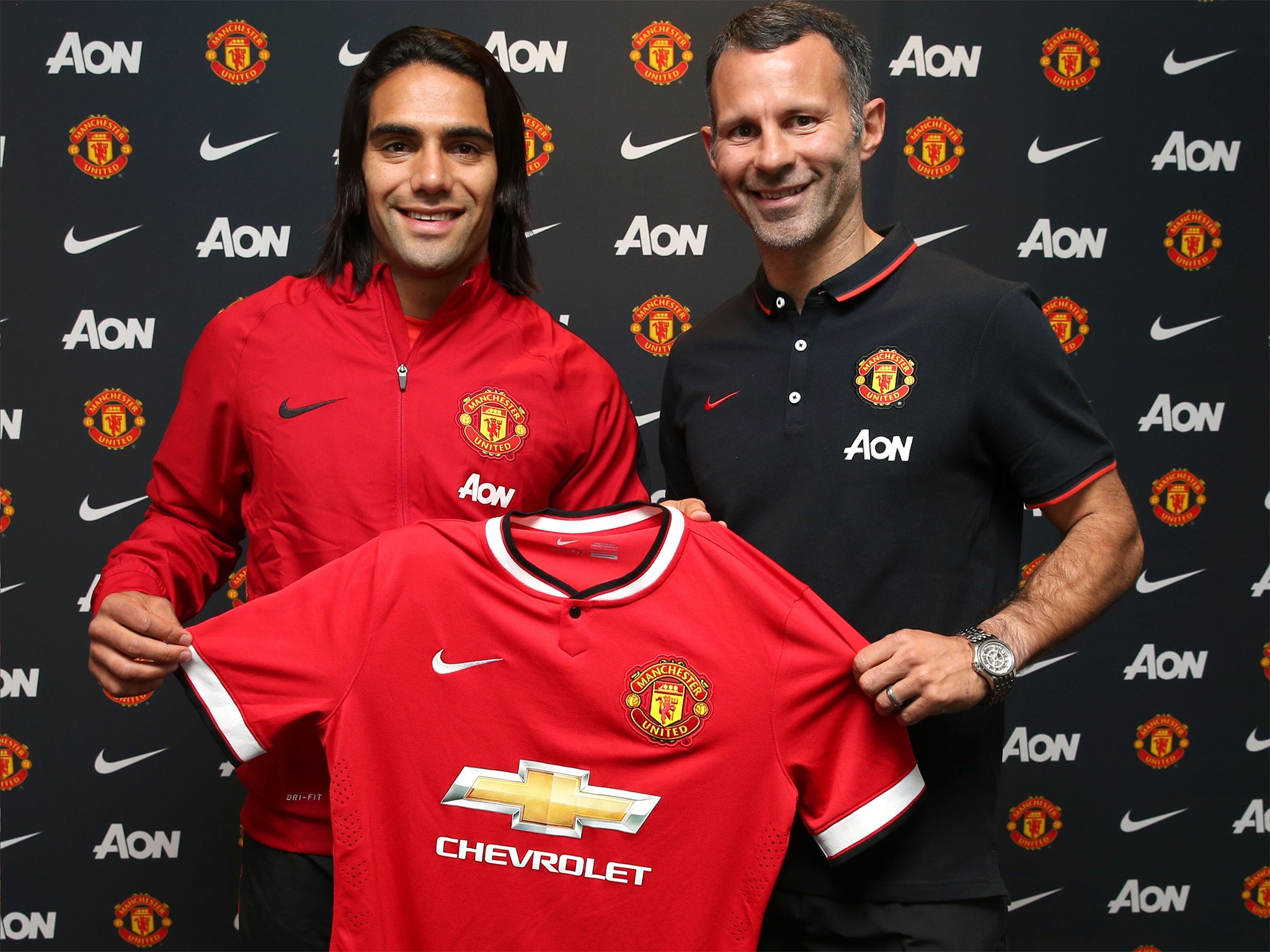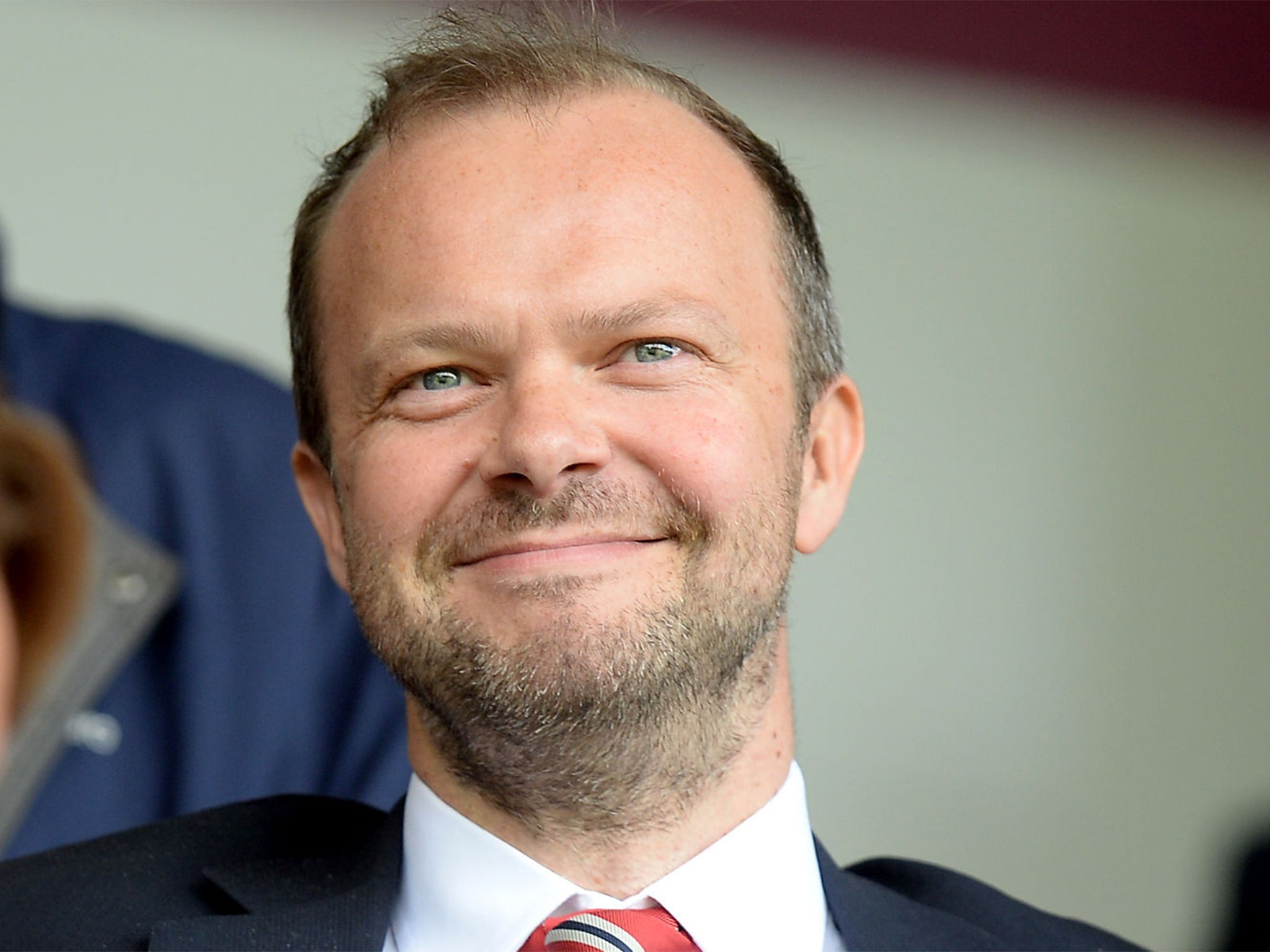Top-flight clubs refuse to shed light on the murky world of transfers
Fifa has made it compulsory for clubs to register every deal they conclude in the market

Your support helps us to tell the story
From reproductive rights to climate change to Big Tech, The Independent is on the ground when the story is developing. Whether it's investigating the financials of Elon Musk's pro-Trump PAC or producing our latest documentary, 'The A Word', which shines a light on the American women fighting for reproductive rights, we know how important it is to parse out the facts from the messaging.
At such a critical moment in US history, we need reporters on the ground. Your donation allows us to keep sending journalists to speak to both sides of the story.
The Independent is trusted by Americans across the entire political spectrum. And unlike many other quality news outlets, we choose not to lock Americans out of our reporting and analysis with paywalls. We believe quality journalism should be available to everyone, paid for by those who can afford it.
Your support makes all the difference.Every Premier League club has refused to reveal to the public the full details of fees paid between clubs and to agents during transfer windows.
Fifa made the proposal and its Transfer Matching System (TMS), established to create transparency in the transfer market, has made it compulsory for clubs to register every deal they conclude in the market. But though clubs must inform Fifa which players they have signed – and a deal is only concluded when the TMS has logged it – it is not yet obligatory to provide a breakdown of money paid to the selling club and others who have a commercial interest in the player.
Instead, a waiver system has been created under which a club gives permission for the breakdown of money paid out for players to be published. TMS has urged Premier League clubs to agree to that waiver and provide the breakdown, creating far greater transparency for supporters and enabling the clubs to have a better idea of what constitutes good value in the market.
But while a substantial number of Football League clubs have been willing to do that, as yet no Premier League side has agreed.
TMS says the elite clubs’ unwillingness to cede any competitive advantage to their rivals is the main impediment to a disclosure of transfer fees, which supporters would welcome, amid the habitual claim and counter-claim that buying and selling clubs engage in when a substantial deal is concluded.
Mark Goddard, general manager of TMS – a wholly owned subsidiary of Fifa – described how a senior figure at Manchester City seemed to accept the reasons for disclosing the fees but insisted the club would not accept it. Goddard told the Soccerex convention in Manchester: “He saw that but said ‘my president will not sign a data waiver’. The brain is not there yet.”
Some clubs are forced to provide transfer market details because they are listed on the Stock Market. For example Manchester United’s chief executive, Ed Woodward, is likely to be quizzed by analysts on transfer business when the club publishes its financial results today.
Italy has been willing to provide transparency on sums paid to agents and third parties. A total of 16 clubs there have agreed to the waiver.
But Goddard puts the Premier League sides’ reluctance down to what he describes as “game theory” – a fear that by revealing to competitors how a transfer fee breaks down, they will be conceding competitive advantage, allowing rivals to see how much they have invested to improve their squad and to benefit from values established through scouting systems.

Goddard said he held out no immediate hope of third-party owners – and their earnings from deals – being detailed in TMS logs. “We can’t force them,” he said. “If they don’t waive, we leave them with a question mark next to their name. We realise they want to compete against each other.”
It was put to Goddard that there was no transparency in the deal that took Neymar from Santos to Barcelona, with the €57m (£46.9m) they paid for the player understood to have included €40m to a company owned by his father. “Yeah, Jesus! Short of making everyone involved in football sign a collective bargaining system I don’t see what we can do,” he said. “Fifa can put rules in place for associations and football clubs and that’s it.”
Join our commenting forum
Join thought-provoking conversations, follow other Independent readers and see their replies
Comments